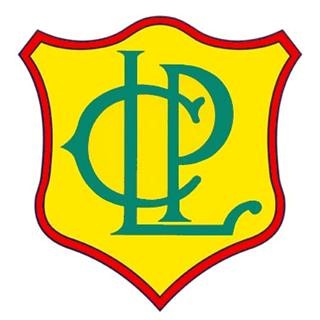Maths
Maths at Lea
Our Maths Champion: Miss Cottam
Children at Lea are mathematicians! We want our children to use mathematics as a tool for everyday life and as a way of viewing and making sense of the world we live in. Through mathematics, we teach our children analyse and communicate information and ideas and to tackle a range of practical tasks and real-life problems.
At the heart of our curriculum is the five big ideas of mastery; mathematical thinking, representations and structure, fluency, variation, and coherence. We want our children to develop a strong foundation of number sense by thoroughly exploring the composition of number and the number system. Once our children have become fluent with basic number skills, we aim to provide opportunities to apply this procedural knowledge to all areas of mathematics and the wider curriculum.
Our maths curriculum provides children with the knowledge and skills to investigate number, shape, pattern and measure and inspires them to be ambitious in their futures.
Implementation
We believe in making maths accessible for all. We use the CPA approach to mathematics to ensure children can understand the abstract maths.
Concrete- Children are first introduced to a new concept or skill by acting it out with real objects such as cubes or counters.
Pictorial- When children have had hands on experience they are ready to relate the problem to pictures or diagrams.
Abstract- Abstract mathematics uses notation such as digits and symbols. We so easily jump to this last step but it can be very difficult to understand without practical, hands on experiences.
Our implementation of the Maths curriculum centres around three key principles: breadth, balance, and progression. Our maths curriculum is carefully sequenced from the Early Years and uses the National Curriculum and Early Years Framework as its starting point. This is supported by the NCETM spine materials, the Mastering Number programme and the White Rose Maths Scheme of Learning.
Teachers are equipped with the knowledge of what children have previously been taught and what will be taught in the future. They understand what core knowledge children need to acquire and use metacognitive strategies to ensure children learn and remember more.

